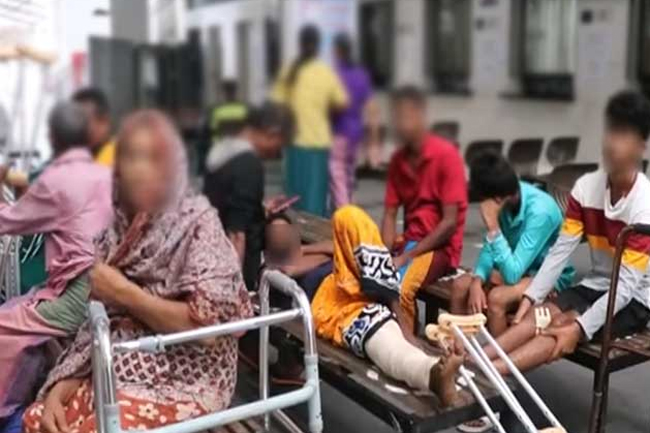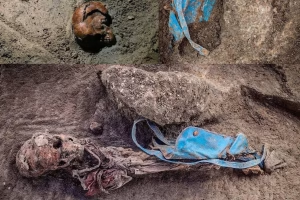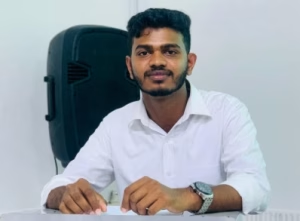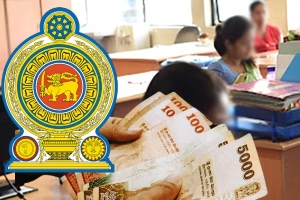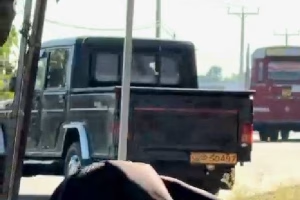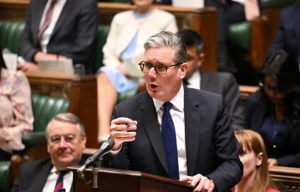Upul Rohana, the President of Paramedical Services Front (PMSF), revealed that a final decision on continuing the strike would be made during a scheduled discussion with trade union representatives later today.
Health workers opted for this collective action due to the government’s lack of a favorable response to their demands. The strike, involving 72 health sector trade unions, commenced on February 1st, urging the government to promptly address concerns related to allowances.
Contrary to the widespread strike, doctors’ unions and the All Ceylon Nurses’ Union chose not to participate, alleging that the planned strike was a government conspiracy.
In response to the strike, tri-force personnel were deployed to state hospitals nationwide to ensure uninterrupted essential medical services to the public based on each facility’s requirements.
On January 8th, the Cabinet of Ministers approved President Ranil Wickremesinghe’s proposal to double the DAT allowance for government doctors from Rs. 35,000 to Rs. 70,000.
Subsequently, health sector trade unions representing various professionals, such as radiology and laboratory technicians, pharmacists, drug compounders, midwives, dental surgeons, public health inspectors, and entomology officers, initiated multiple strikes opposing the government’s decision and demanding a broader allowance increase for all health sector employees.
On January 23rd, citing insufficient funds, the government temporarily halved the payment of DAT allowance for doctors. Director General of Health Services Dr. Asela Gunawardena explained that despite making arrangements for the payment, the Treasury had not allocated funds within the approved limit.
This led to the Government Medical Officers’ Association (GMOA) declaring an indefinite strike starting January 24th. However, the planned trade union action was later called off when the decision to suspend DAT allowance payments was reversed.


